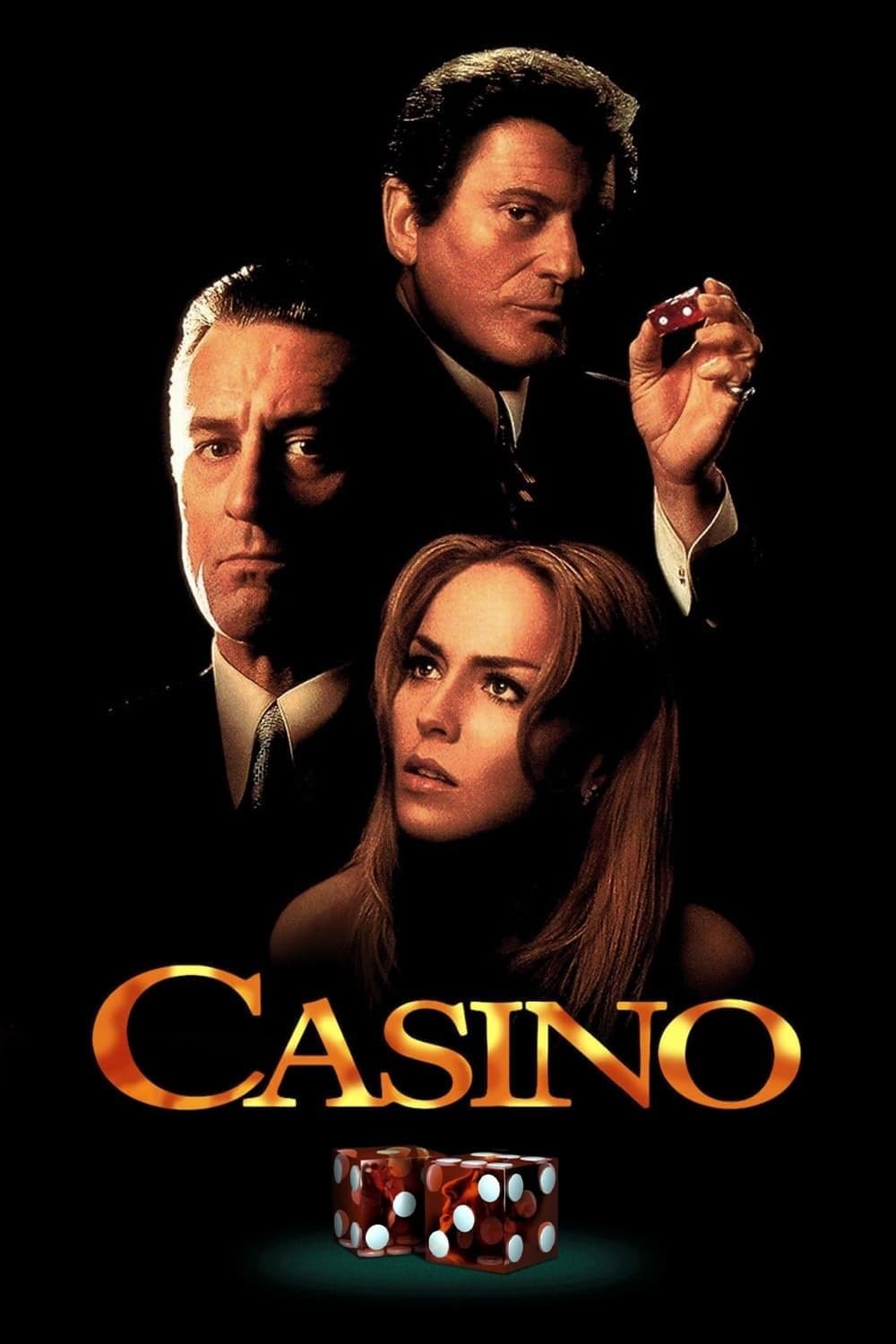
Casino
1995
Rate this movie
Average: 4.00 / 5
(1 votes)
Director
The gravest error one can commit is to liken it to Goodfellas. This reductive comparison, born perhaps from a superficial glance at the shared creative triumvirate of Scorsese, De Niro, and Pesci, fundamentally misapprehends the very essence of Casino.
The semantic proximity to the characters of Goodfellas, particularly the two main figures portrayed by De Niro and Pesci (the same actors who starred in the previous film), could indeed lead to a misunderstanding, an expectation of a thematic re-tread. Yet, to assume Scorsese is merely rehashing earlier triumphs with a change of scenery is to overlook a profound artistic evolution. While Goodfellas is, to all intents and purposes, a gangster movie focused on portraying a comprehensive picture of the 1950s New York mafia landscape – a vibrant, albeit violent, sociological study of an illicit subculture and its internal codes – in Casino, Scorsese's attention is squarely on the obsessions of the three protagonists, their greed, and their moral degradation, transcending the genre's typical boundaries to delve into a more elemental, almost mythological, exploration of human fallibility.
There is no sense of belonging or brotherhood in Casino; gone is the warped familial loyalty, the perverse camaraderie that underpinned the criminal enterprise in Goodfellas. Here, everything is driven by an evident self-interest, a transactional ruthlessness that leads men into abysses from which there is no return. This is not a saga of ascent and downfall within a criminal hierarchy, but rather a chilling, clinical dissection of a corrosive symbiosis, where the pursuit of power and wealth, unmoored from any ethical tether, becomes a self-devouring beast.
An intricate cage of relationships and passions unfolded within the dazzling, yet ultimately hollow, world of Las Vegas. This neon-drenched oasis, a testament to audacious ambition and manufactured desire, serves not merely as a backdrop but as a crucible. Here, money and power interconnect individuals like an invisible thread that strings and binds the beads of a necklace – each jewel glistening with a deceptive allure, yet each ultimately constrained and destined to shatter. Scorsese masterfully transforms the city itself into a character, its glittering facade a metaphor for the ephemeral nature of the success it offers, its carefully orchestrated illusion barely concealing the raw venality beneath. The meticulous inner workings of the casino, explained with almost forensic detail through Sam Rothstein’s meticulous voiceover, stand in stark contrast to the chaotic, self-destructive lives of those who manage and exploit it. This tension between control and utter abandon is the film's beating heart.
The skilled and experienced eye of the Italian-American director delves into the minds of men devastated by their vices, tracing a sort of analytical cartography, a topography of decay. This is Scorsese at his most unflinching, leveraging the relentless, almost frenetic pace that has become his signature, alongside the dual, often conflicting, narrations of Sam and Nicky, to build a sprawling, operatic fresco of damnation. It is a modern-day Greek tragedy played out amidst the clatter of slot machines and the shimmer of sequins, where hubris inevitably precipitates nemesis. The film’s epic scope, mirroring the rise and fall of Las Vegas itself from its mob-controlled golden age to its corporate sanitisation, provides a grand stage for these intensely personal devastations.
In 1973, the Italian-American mafia, seeing unparalleled opportunity in the desert, chose one of its own men to infiltrate Las Vegas's burgeoning gambling business. This historical inflection point, the moment when organised crime truly consolidated its grip on the city’s burgeoning fortunes, grounds the fantastical narrative in a brutal reality, offering a panoramic view of the American Dream gone cancerous. Sam Rothstein, a former gambler with an almost savant-like understanding of odds and operations, is appointed to manage one of the city's largest casinos, the Tangiers. He represents the meticulous, rational side of the operation, an obsessive number-cruncher who believes control can tame chaos. But his meticulously ordered world is fatally undermined by two forces he cannot quantify or control: his wife Ginger's reckless greed and addiction, and his right-hand man Nicky Santoro's unbridled, visceral brutality. It is the collision of these three primal forces—calculated control, untamed desire, and pure destructive id—that will cause his ephemeral reign to crumble. Ginger, played with tragic ferocity by Sharon Stone, is no mere moll; she is a complex, deeply flawed figure whose own demons are as potent and destructive as those of the men who orbit her, embodying the insatiable hunger that defines the Vegas mirage. Nicky, brought to life with terrifying zeal by Joe Pesci, is the antithesis of Sam, a walking embodiment of chaos, a force of nature whose very presence guarantees devastation, representing the ultimate, unmanageable risk to Sam’s carefully constructed empire.
Casino is, therefore, far more than a genre piece; it is a cynical and ruthless parable about the darker aspects of the human soul. Its relentless gaze peels back the layers of societal veneer to reveal the raw, predatory impulses lurking beneath. It is incidental that the mafia is involved in this story; their presence provides the framework, the financial and structural context for the characters' downfalls, but it is not Scorsese's narrative focus. On the contrary, Scorsese is interested in placing center stage three minds stripped bare of all defenses—three individuals whose meticulously crafted facades disintegrate under the relentless pressure of their own pathologies and the corrosive environment they inhabit. This unflinching operation transforms the viewer into an accomplice, a voyeur spying into the dark, insidious recesses of those three souls, compelled to witness their self-immolation in a spectacle of grand, despairing beauty. The film's coda, with the mob replaced by corporate entities and the "old ways" giving way to a sanitised, almost bland version of Vegas, serves as a final, bitter commentary: the system changes, but the underlying human drives for power, money, and control remain, merely shifting their guise. The brilliance of Casino lies in its relentless, almost forensic examination of how these drives, when unchecked, inevitably lead to a desolate, existential void, a poignant reminder that even the most dazzling empires are built on shifting sands.
Countries
Gallery
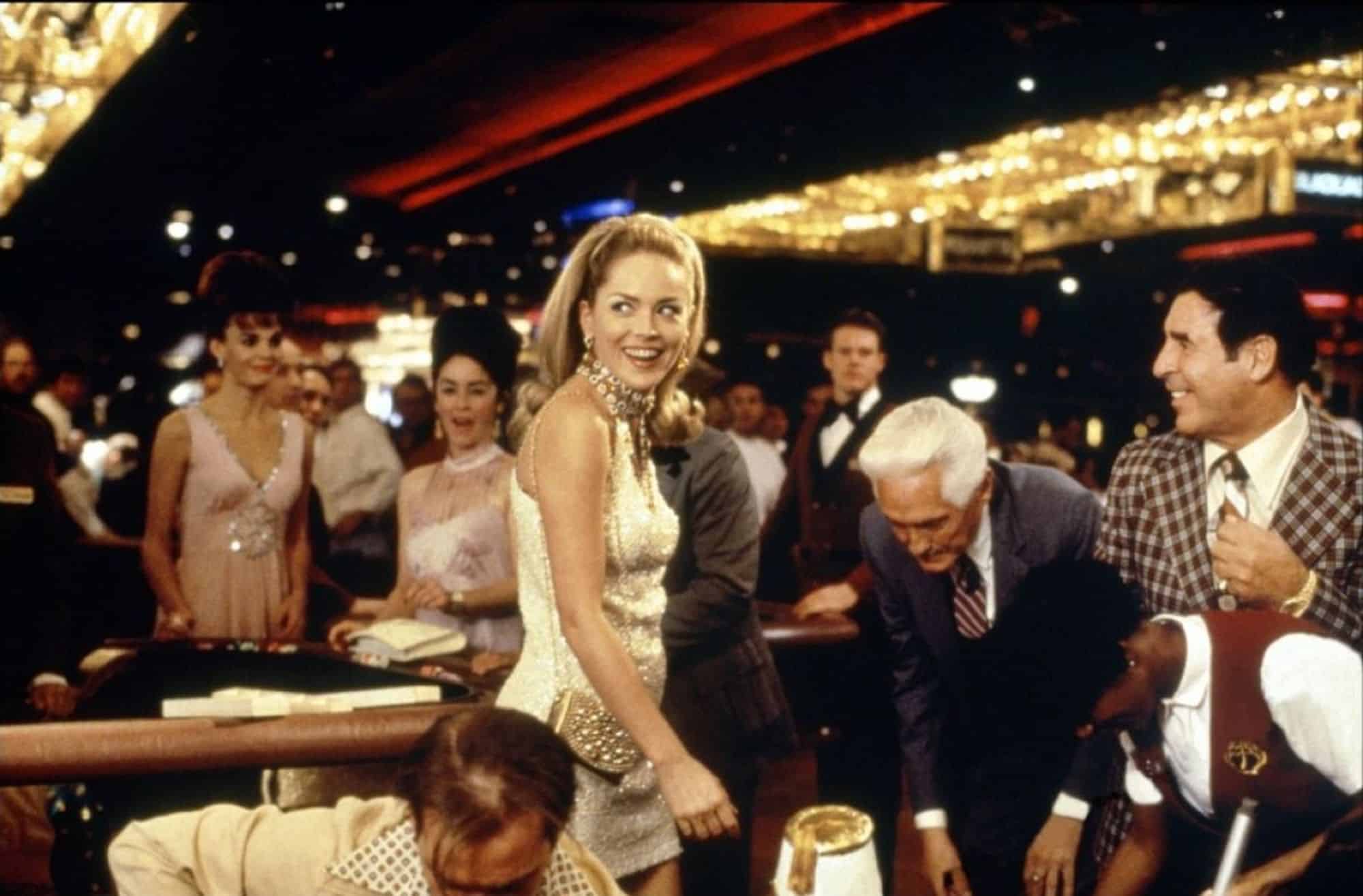
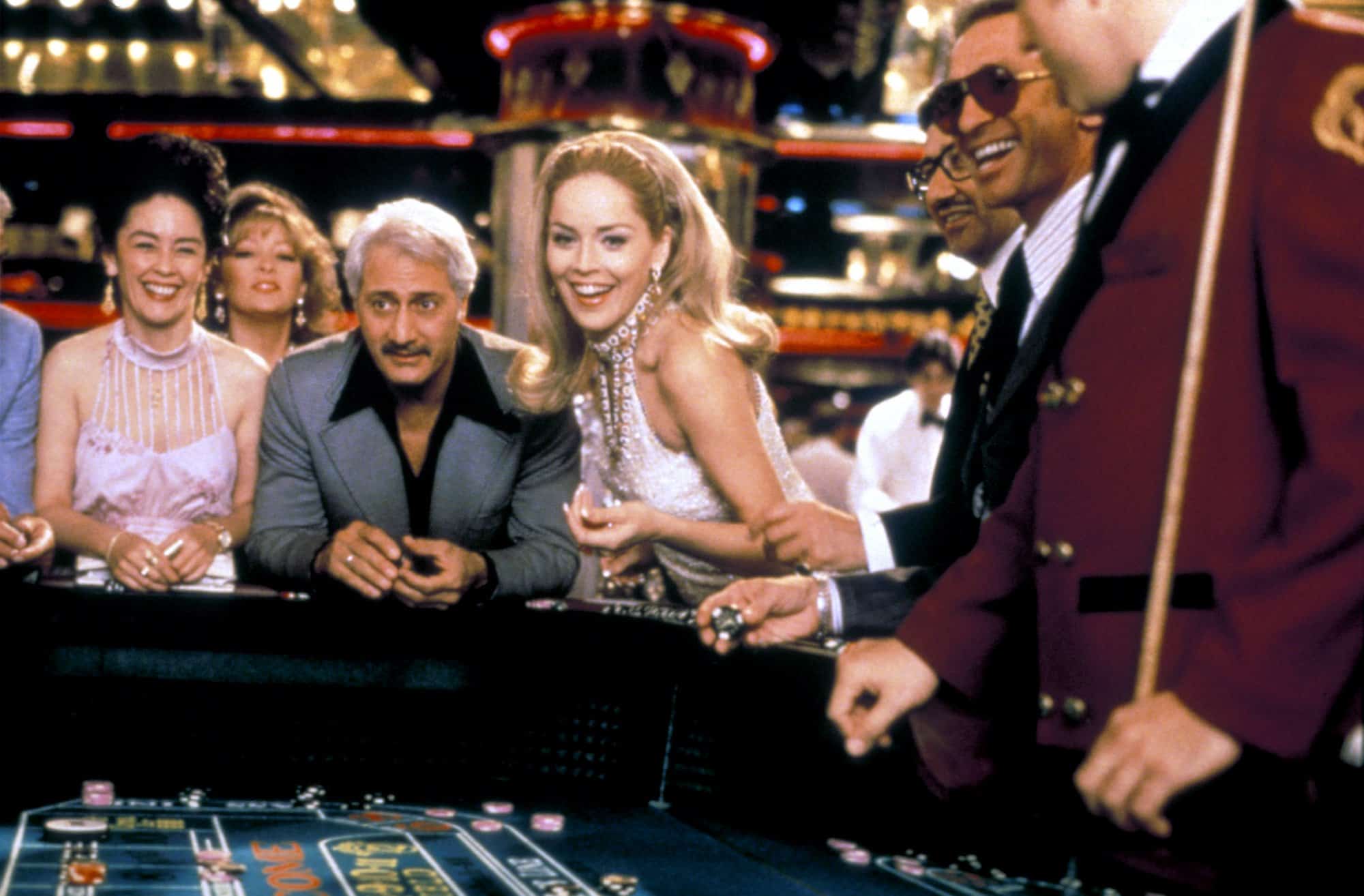

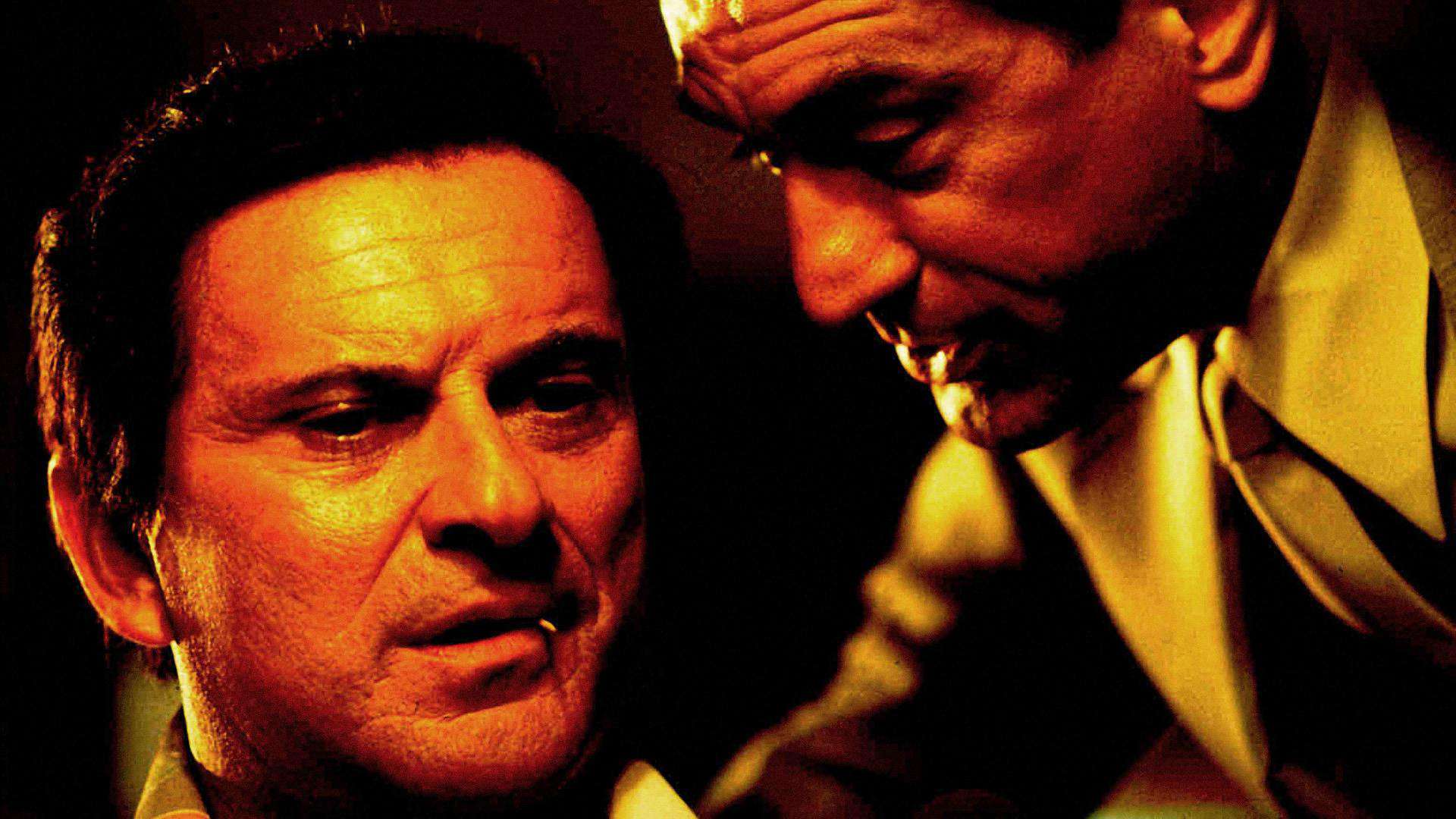
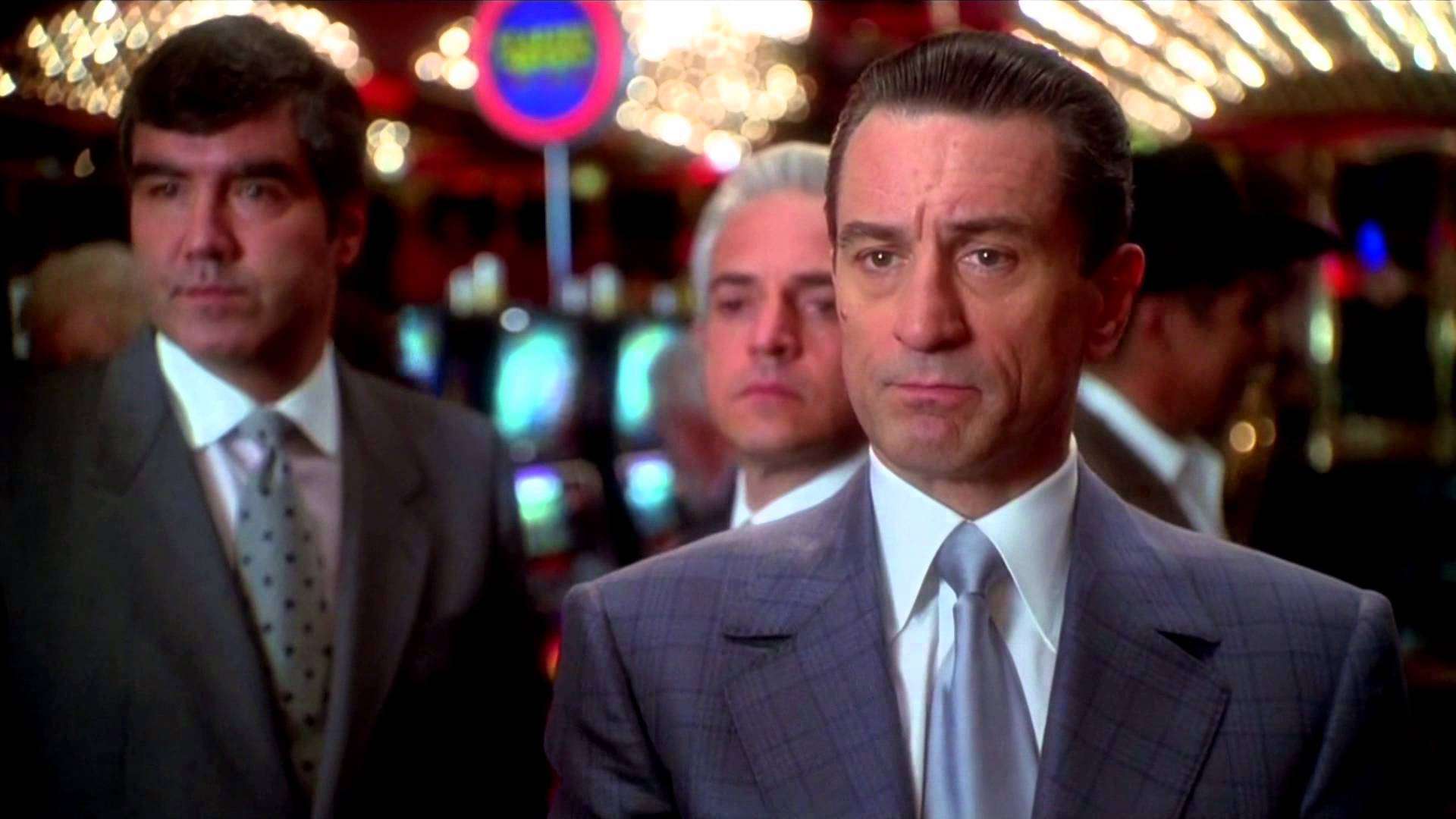
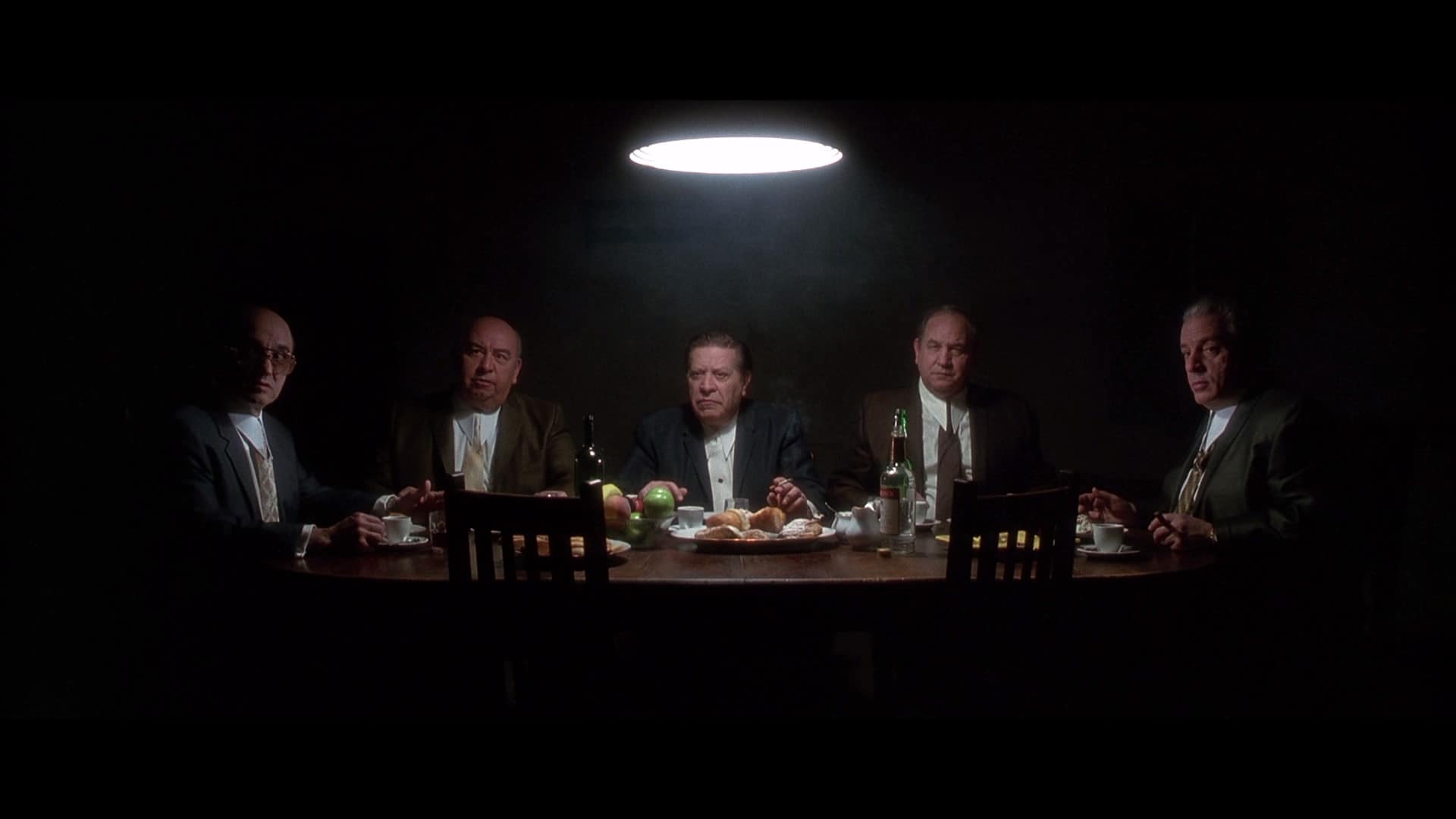
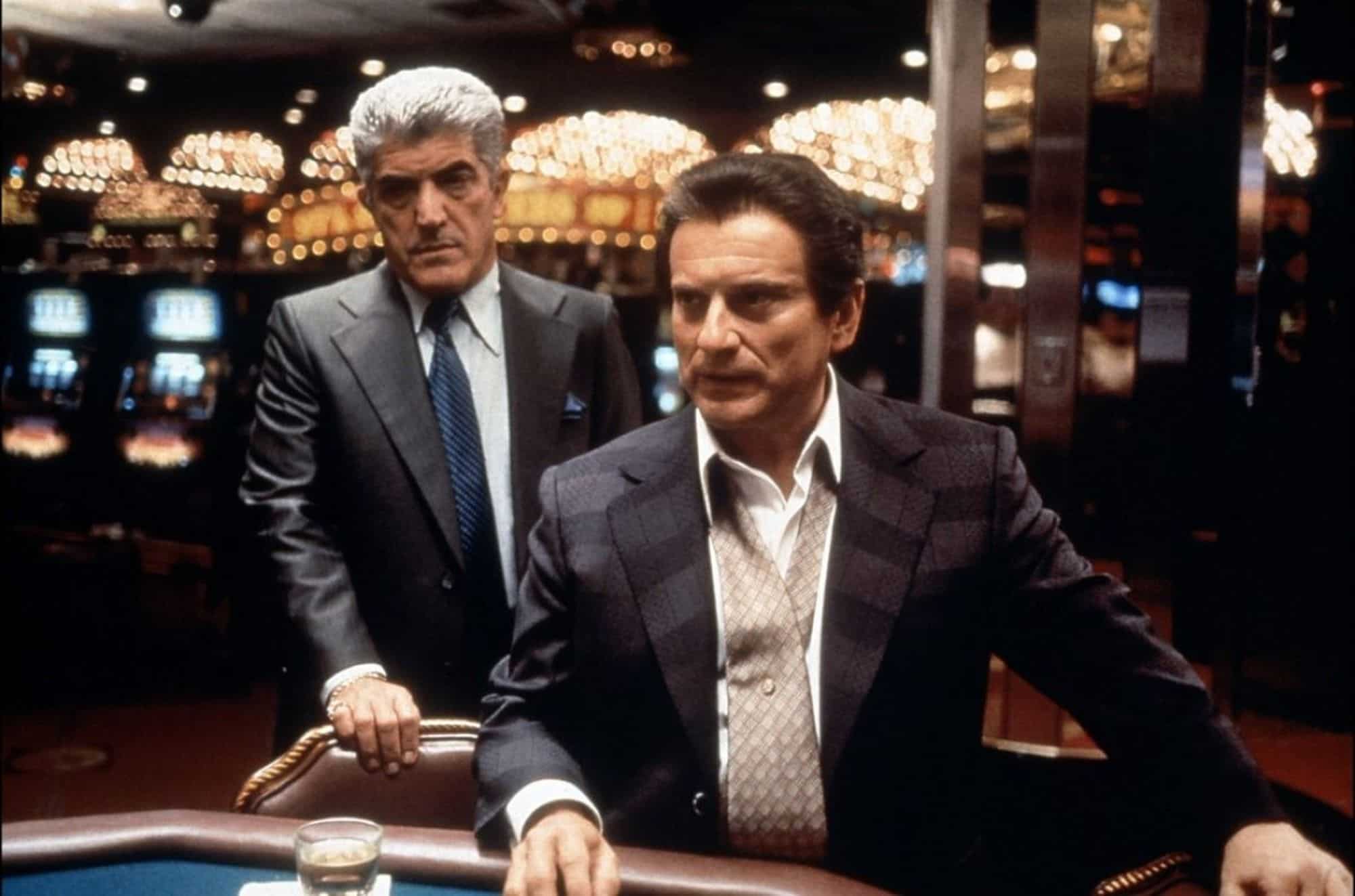
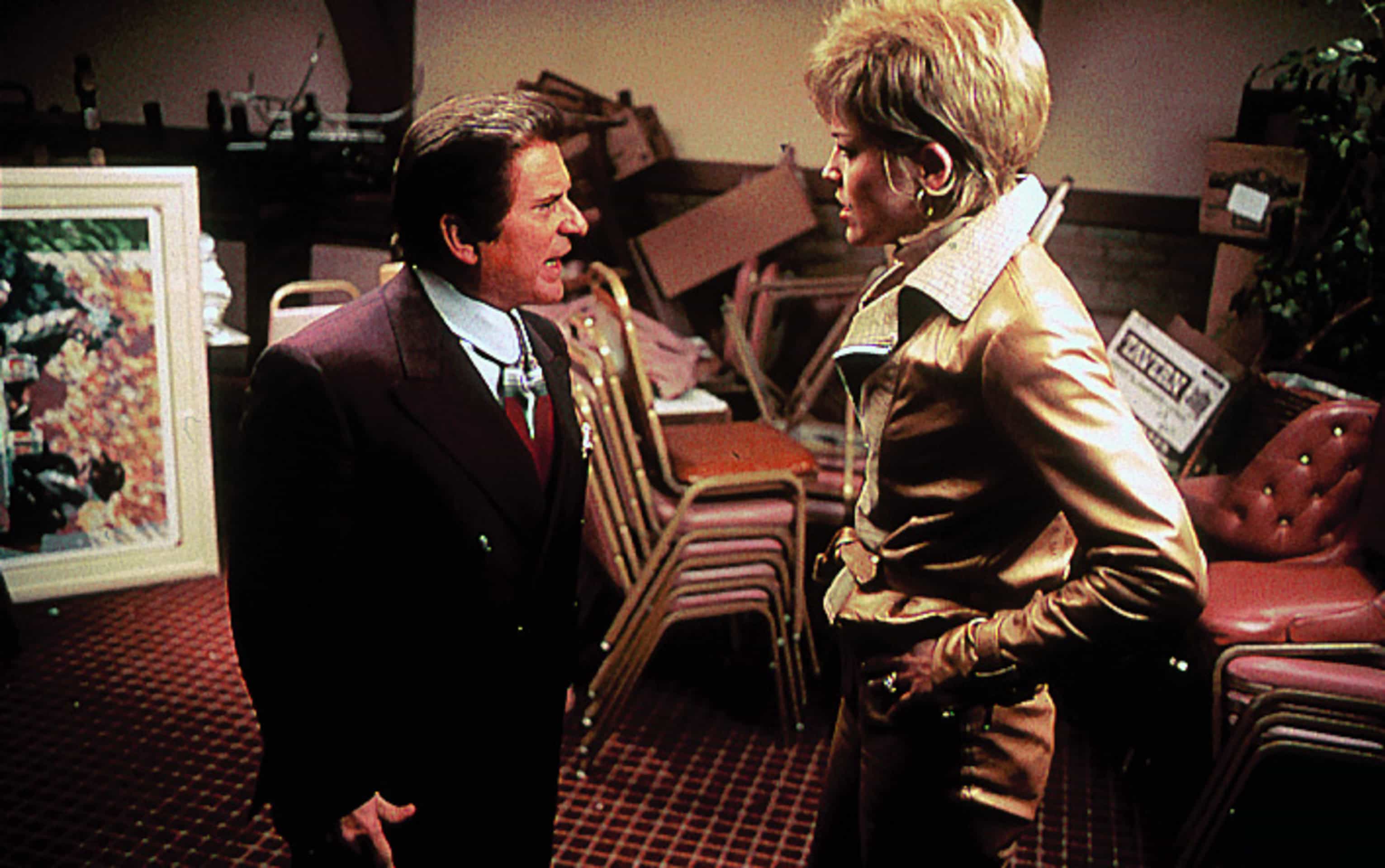

Comments
Loading comments...